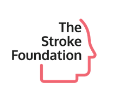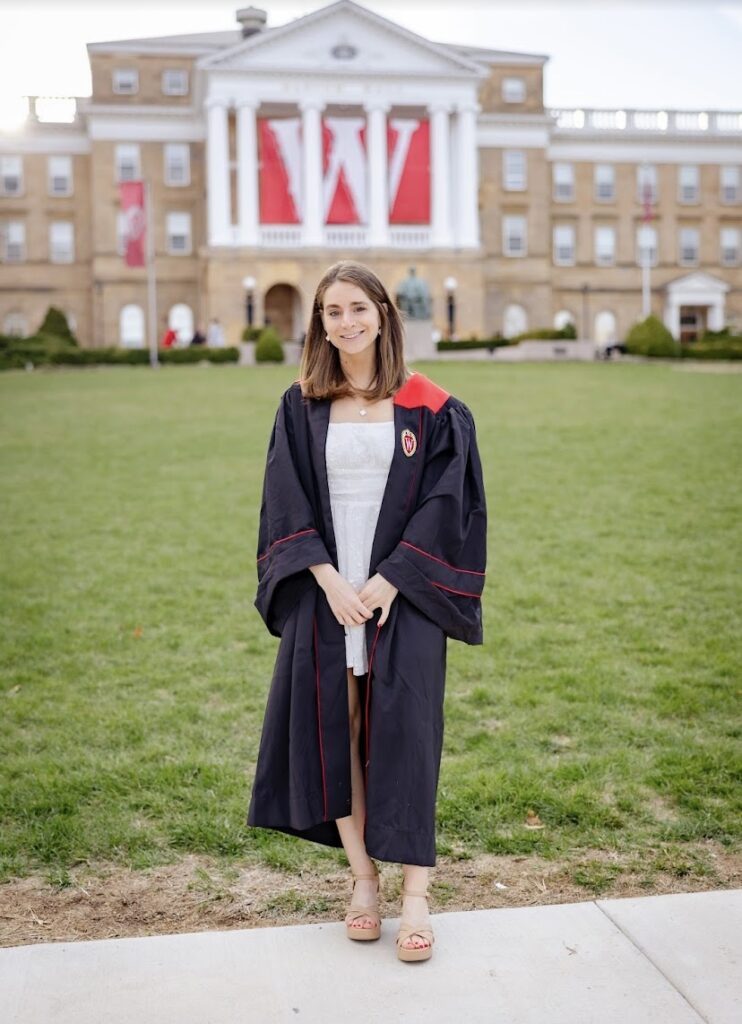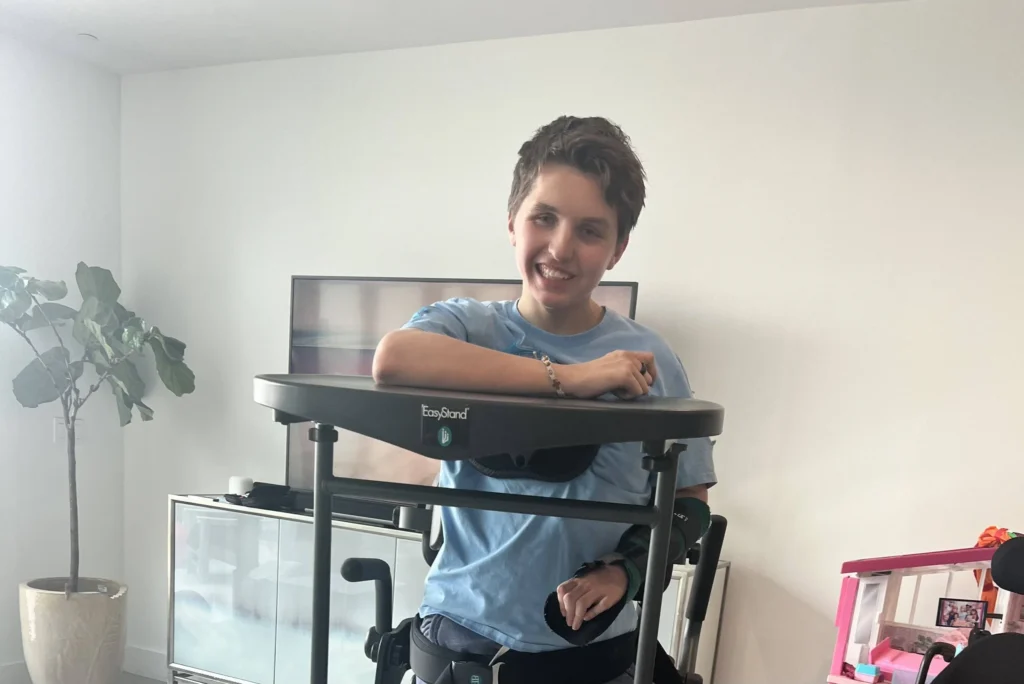Keith’s stroke story is one of difficult challenges and inspiring next steps. He had a fantastic family, a beautiful house in Oregon, and was the Sales Manager and Owner of a large manufacturing company. His life was great.
While preparing for a business trip, Keith realizes he has had a stroke — his wife was checking him out and asking questions the night before, two people called asking if he was ok, and little did he know he had suffered a stroke. Although Keith was in great physical shape, after being transferred to three different hospitals in two days, he discovered he had a rare disease called HHT (Hereditary Hemorrhagic Telangiectasia) which caused his stroke.
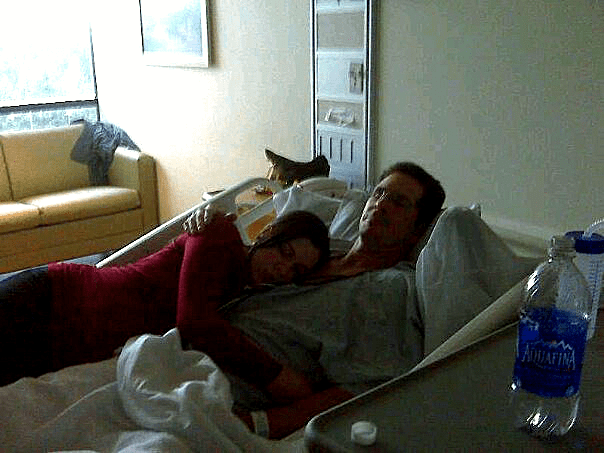
His life changed in the blink of an eye. He went from being the owner of a growing company, working hard and feeling accomplished, to dealing with mental and physical aspects of recovering from a stroke. Keith went back to work a few months after the stroke, but had difficulty remembering names and details, finding the words he wanted to say, and struggling with depression that overpowered him at times.
It was after a few months of asking questions like why me, why now and what happens now, Keith decided to change his focus — although he didn’t have any power over the things that happened in his life, he did have the power to choose how he acted in the face of adversity.
“I can accomplish more. I can be the husband, father, grandfather, brother and friend that is so important to me as I move forward in life. I don’t want to be known as someone that ended his life. How self-centered is that. I want to be known for helping and impacting others. Someone who can make a difference in the lives of those that need it.”
He decided to go on this path of figuring out what could help stroke survivors and how he could help make a difference in this world of depression and anxiety.
And that is how he began his journey to a better life after stroke…his “Strength after Stroke” journey!
Here are a few questions we asked Keith:
- What is something you wish you would have known, or done sooner, when it comes to your recovery?
“Knowing that, we, as stroke survivors, can continue to learn and grow, both mentally and physically, if we are willing to do the work it takes.
I was told by my Neurologist that I would only regain my mental capabilities for about a year after my stroke. This is what really put me in a depressed state for quite some time.
As I go around speaking to other stroke survivors, I find this to be a common thread. Do Not Believe That!
You can continue to grow and learn, albeit different than it was before your stroke, if you are willing to do the work it takes and enjoy life to the fullest.”
- The first year after a stroke is always the hardest. You’re still dealing with the physical aspect of recovery and trying to process what happened to you and what your new life is like. What helped you stay mentally healthy during the first year of stroke recovery?
“After the initial first few months of “Clouds in Your Head” and healing a bit, shifting my focus toward helping others’ has had the biggest positive effect on my mental health.
When we take our eyes off ourselves and think about how to lift the burdens of others’ up, we grow our own ambition level. We begin to see the difference we can make in this world…and that is a great motivator in staying healthy.”
- Anxiety and frustration are very common during stroke recovery; do you have any tips for survivors currently dealing with anxiety and/or frustration?
“Having those close to you show and tell you the progress you are making.
Many of us are so focused on our daily activities that we don’t take the time to analyze or measure our own progress.
This is KEY! In order to stay motivated toward your own goals, you must find, and put into place, the measurement tools that will keep you engaged and excited about your own goals.”
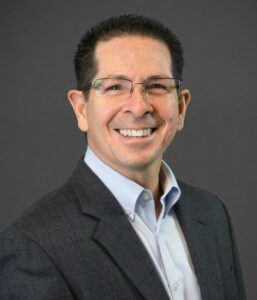
Keith’s passion in helping stroke survivors and their caregivers is still strong. He is committed to helping survivors regain their confidence and those around them who are supporting their recovery journey. Being mentally healthy, or working towards being mentally healthy, can have a huge impact on your stroke recovery.
To further his impact, Keith has launched a program called BASE aimed at stroke survivors and their caregivers. BASE stands for Belief, Attitude, Strength and Energy — four essential elements that can help you regain confidence and trust in yourself after a stroke.
You can visit www.strengthafterstroke.com to learn more about Keith and the BASE program.
